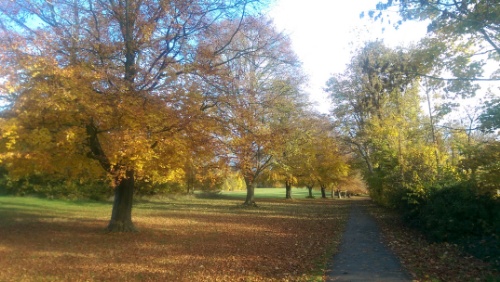I heard a report on Radio 4 today saying that there is concern over Fake News Stories. Apparently there were lots of them during the recent US election. It seems that there’s quite a few people who believe stuff they read on the Internet. Regardless.
There was also an unrelated story about the new CEO of Google being criticised because Google searches don’t differentiate between true and false news stories. The poor man was trying to assure the reporter that his company was working on it but it wasn’t that easy when the Fake News Stories websites are so good at disguising themselves as Real News Stories sites. (In passing, I have a problem with Google deciding what I can and can’t read. When I search for something I want to decide on the veracity of the content. Perhaps there should be an option for that.)
Then I heard a piece about how Facebook is being held to task over allowing Fake News Stories on their pages. This is a far greater problem than Google’s and Fake News Stories in general. (To be fair, there are plenty of people who believe anything they read anyway otherwise newspapers like the Daily Mail wouldn’t exist.) It’s worse because a lot of the links that people click on in Facebook (win this, win that, add these numbers and prove how clever you are) have been created by teenagers in undeveloped countries in order to make some very easy money.
The money comes about because of a thing called ‘click rate’ which is multiplied every time someone clicks on a link. The higher the click rate, the more money the teenagers make via any advertising they can attract.
Hey ho, I hear you say. Why is that important? Surely these enterprising teenagers should be encouraged in their industry rather than denied access to the free market of the so-called Free West. Well, that would be the case if that was all this was.
The money the teenagers make is used to grow their capacity to distribute drugs. They don’t take them, you understand. They just sell them to others, generally in the so-called Free West.
But it’s not just drugs. The money also helps funding their way into prostitution and people trafficking. And illegal arms…
So, the next time you click on a link that appears to be testing your mental abilities or offering you something that is too good to be true (and always is) just spare a thought to who you are funding. And why.
And just to soften this post a bit…here’s a photo of yesterday’s Autumn trees from the other side.




A lovely picture of the trees, and I agree the newspapers tell you a lot of rubbish I don’t say don’t read it just done believe it.
Love mum xxxx